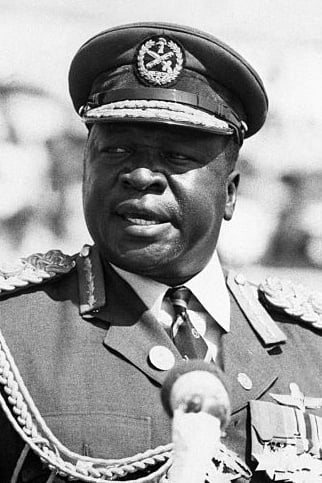

This documentary explores the history of Canada’s first major migration of non-European and non-white refugees who arrived in 1972 when Ugandan President Idi Amin expelled all South Asians from the country. Their story of struggle and hope became part of Canada’s conversations about refugees and cultural pluralism, and informed the Canadian response to future refugee movements.
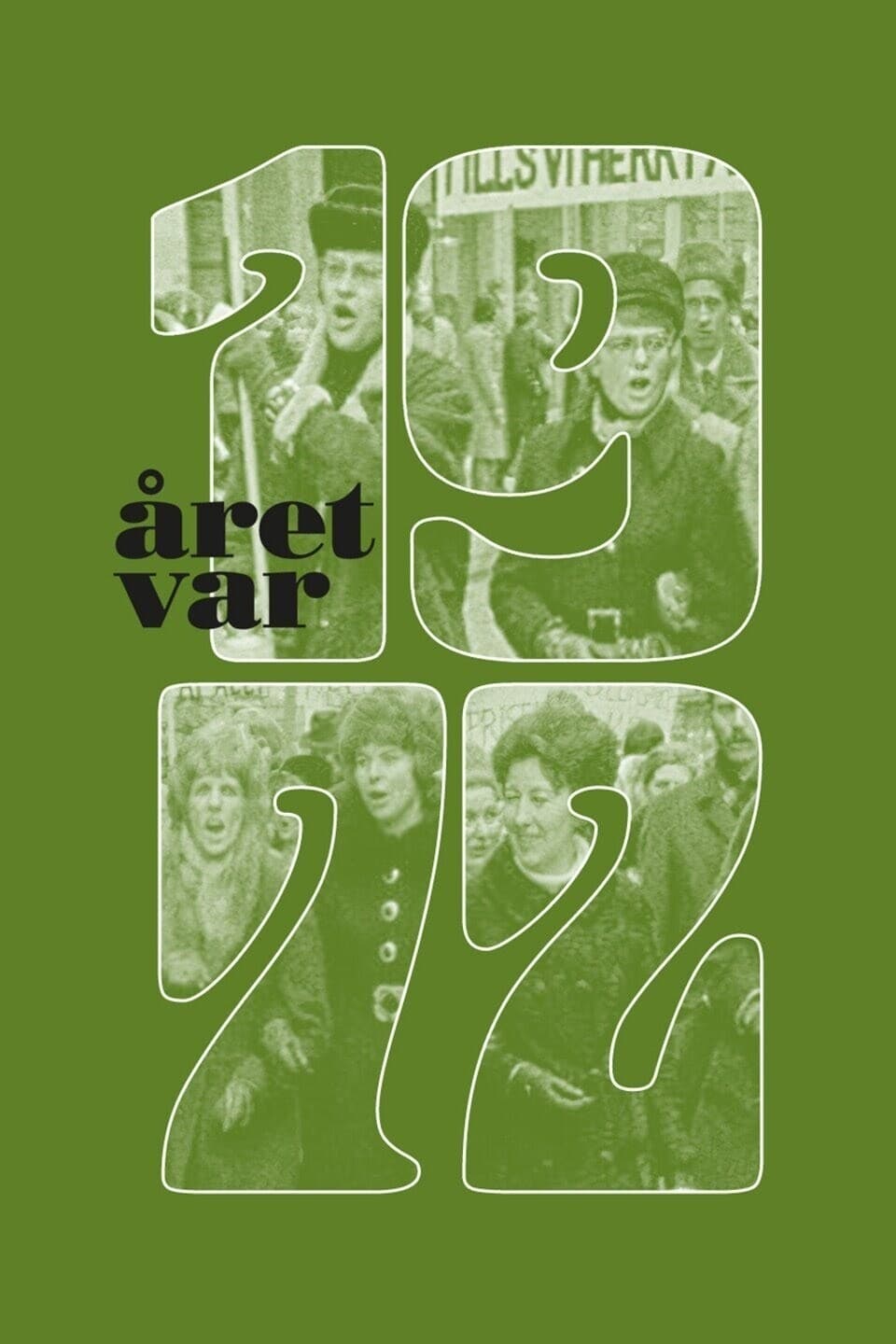
In 1972 the green wave sweeps over Sweden, guiding people back to nature away from the cities. Events range from escalated food prices in Skärholmen, the escape of fifteen prisoners from Kumlaanstalten, Sweden's first hijacking, and an Olympic year in Munich, marked by both Swedish success and tragedy with the attack on 11 Israeli athletes. The year also sees emigration to Australia, refugee intake from Idi Amin's Uganda, sports achievements, music releases, and daily life routines throughout various Swedish towns.
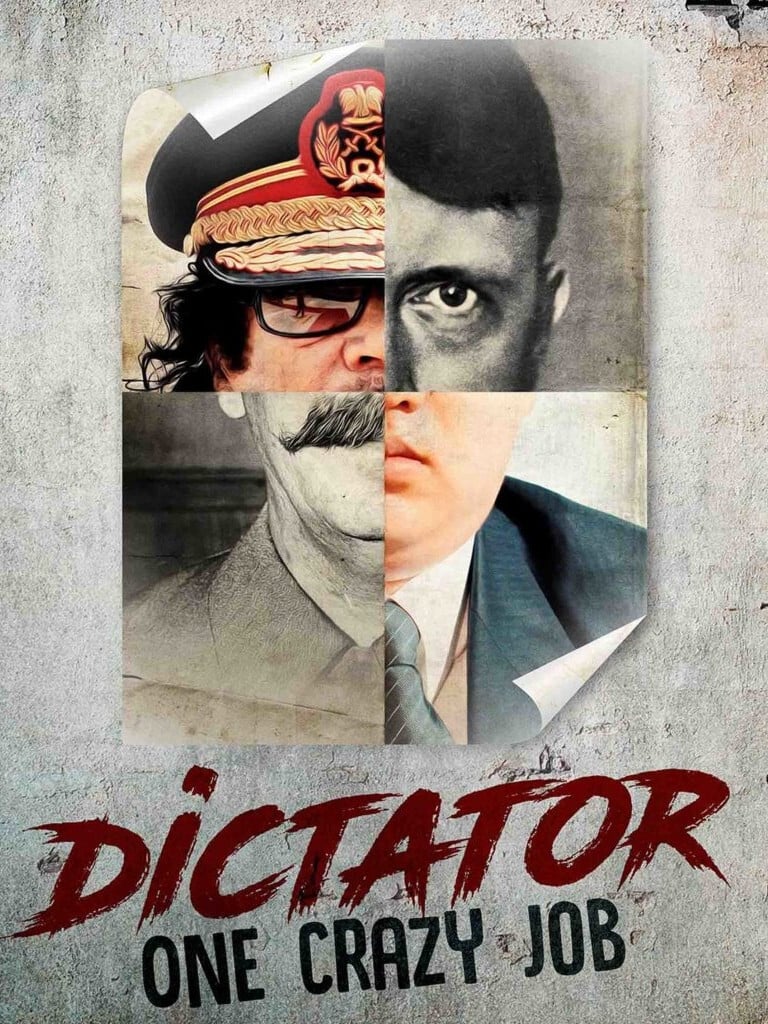
They’ve become the human face of inhuman barbarity. Leaders like Hitler, Idi Amin Dada, Stalin, Kim Jong Il, Saddam Hussein, Nicolae Ceausescu, Bokassa, Muammar Kadhafi, Khomeini, Mussolini and Franco governed their countries completely cut off from reality. These paranoid leaders were driven to abuse their power by the pathology of power itself. Dictators are driven by a relentless, thought-out determination to impose themselves as infallible, all-knowing and all-powerful beings. But they are also men ruled by their caprices, uncontrollable impulses, and reckless fits of frenzy, which paradoxically render them as human as anyone else. The abuses they committed were clearly atrocious, yet some of them were as outlandish as the characters portrayed in the film The Dictator. They sunk to depths worthy of Kafka: so incredibly absurd, they are outrageously funny.
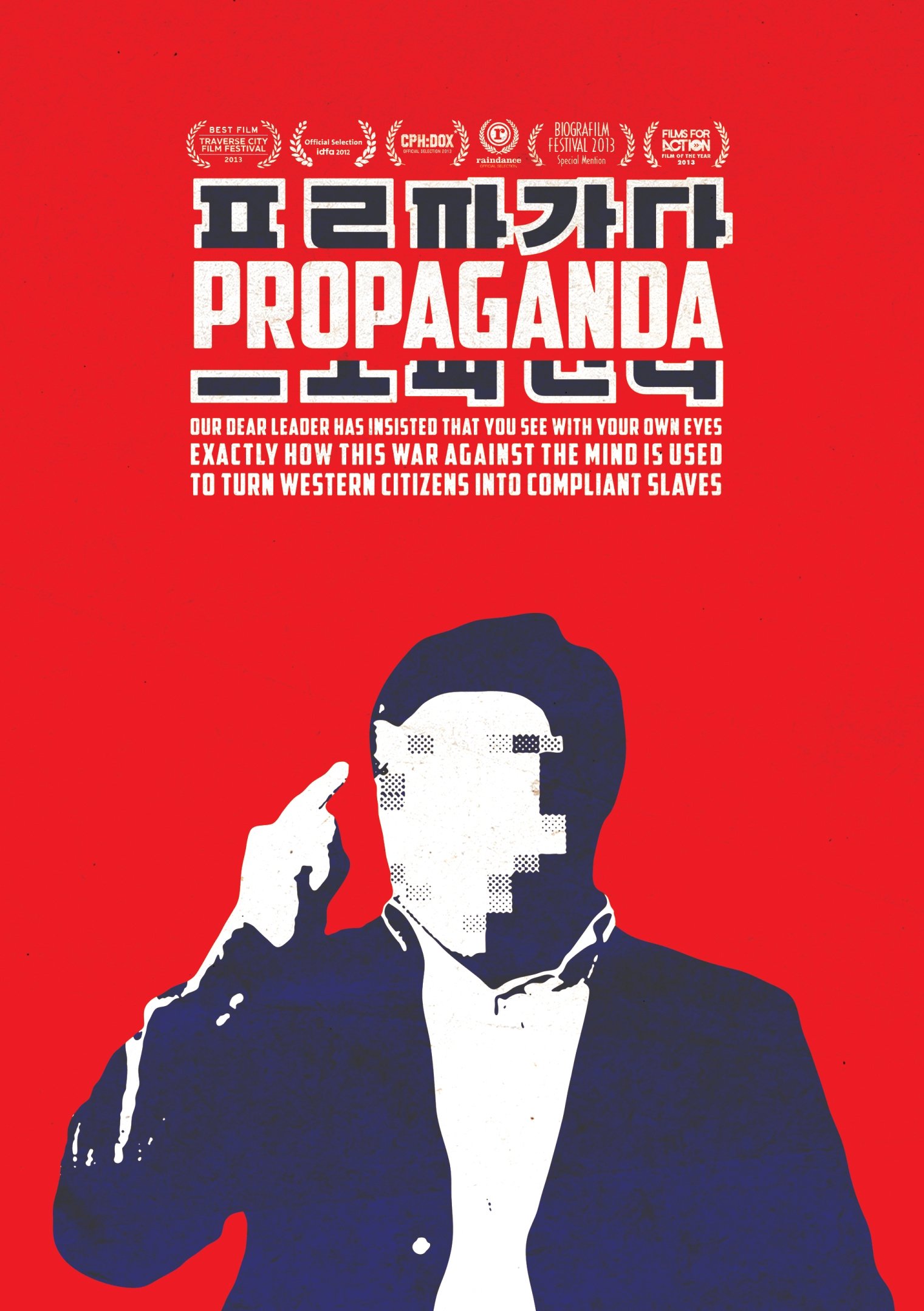
An anti-western propaganda film about the influences of American visual and consumption culture on the rest of the world, as told from a North Korean perspective.
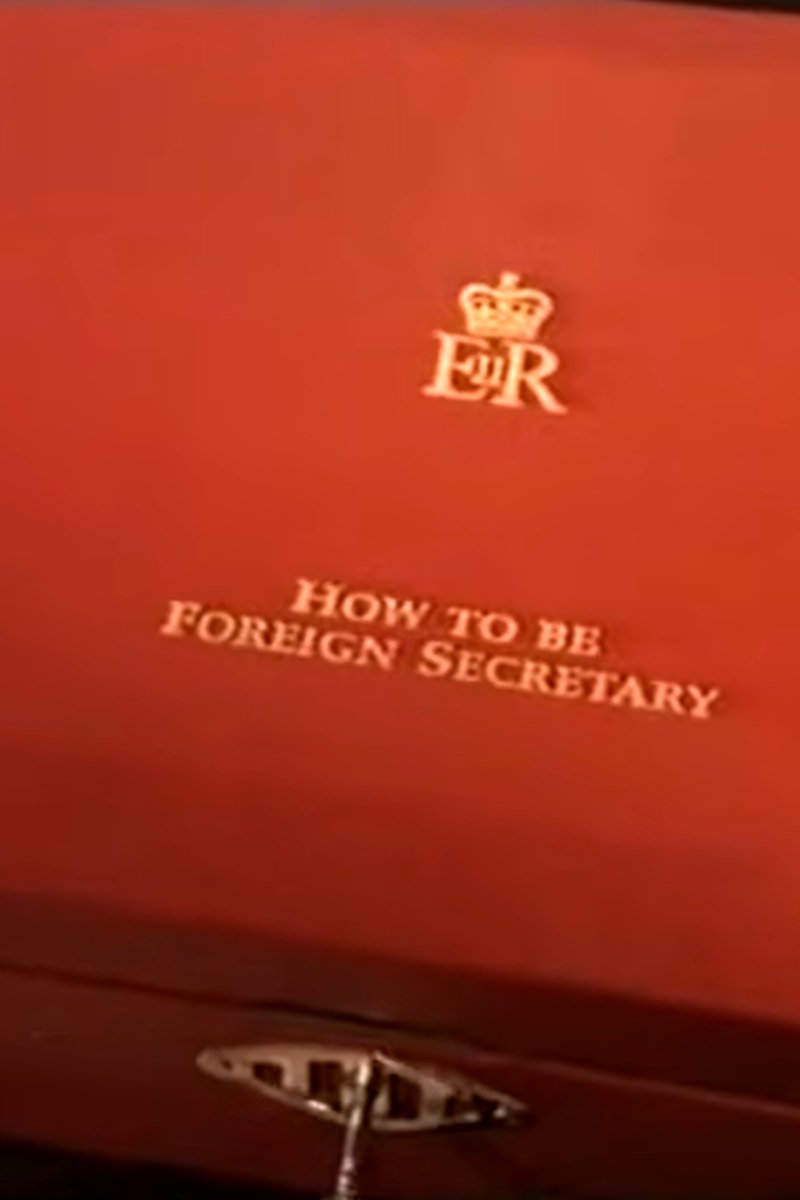
Michael Cockerell talks to all of the surviving people to hold the post of Secretary of State for Foreign and Commonwealth Affairs including the current incumbent, and invites the viewer to imagine their life in the position.
From Wikipedia, the free encyclopedia. Idi Amin Dada (c. 1925 – 16 August 2003) was a military leader and President of Uganda from 1971 to 1979. Amin joined the British colonial regiment, the King's African Rifles, in 1946, and eventually held the rank of Major General and Commander of the Ugandan Army before taking power in the military coup of January 1971, deposing Milton Obote. He later promoted himself to Field Marshal while he was the head of state. Amin's rule was characterized by human rights abuse, political repression, ethnic persecution, extrajudicial killings, nepotism, corruption, and gross economic mismanagement. The number of people killed as a result of his regime is estimated by international observers and human rights groups to range from 100,000 to 500,000. During his years in power, Amin was backed by Libya's Muammar al-Gaddafi as well as the Soviet Union and East Germany. In 1975–1976, Amin became the Chairman of the Organisation of African Unity, a pan-Africanist group designed to promote solidarity of the African states. During the 1977–1979 period, Uganda was appointed to the United Nations Commission on Human Rights. From 1977 to 1979, Amin titled himself as "His Excellency, President for Life, Field Marshal Al Hadji Doctor Idi Amin Dada, VC, DSO, MC, Conqueror of the British Empire in Africa in General and Uganda in Particular". Dissent within Uganda and Amin's attempt to annex the Kagera province of Tanzania in 1978 led to the Uganda–Tanzania War and the demise of his regime. Amin later fled to exile in Libya and Saudi Arabia, where he died on 16 August 2003. Description above from the Wikipedia article Idi Amin, licensed under CC-BY-SA,full list of contributors on Wikipedia.
By browsing this website, you accept our cookies policy.